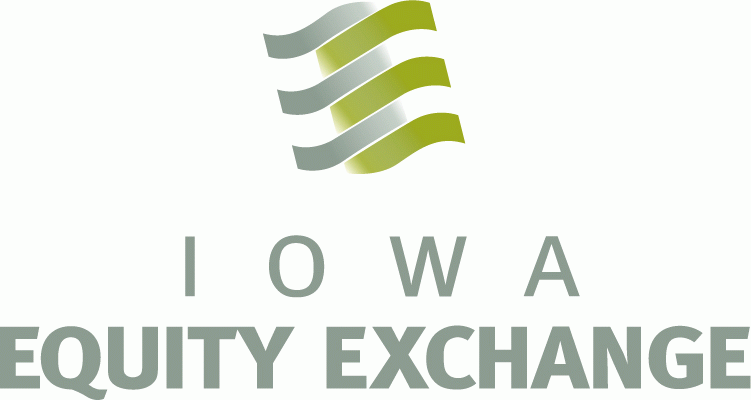IMPROVEMENT AND CONSTRUCTION EXCHANGES
Often investors wish to acquire property that requires improvements, such as a new roof or a project to add rooms, or even the construction of a new building. An exchanger can satisfy those desires by starting an Improvement or Construction Exchange.
A simplified example: an investor sells relinquished property with a value of $400,000 and debt of $150,000. In order to fully defer any tax liability, he must acquire replacement property with a value of at least $400,000 and invest his entire equity of $250,000 in the new property. Let's assume he finds a distressed property worth $300,000 that needs $100,000 worth of improvements. By acquiring the property within an improvement exchange, he can pay for those improvements with exchange funds.
Structuring an Improvement or Construction Exchange
Any improvements or construction done after the investor takes title to the property cannot be made from exchange funds, so a workaround solution must be employed. The workaround comes from the rules for a Reverse Exchange and requires Iowa Equity Exchange to establish an "Exchange Accommodation Titleholder," or "EAT," to hold title to the property during the improvement phase. During that phase, the investor makes all of the construction decisions, either functioning as the general contractor himself or hiring the GC of his choosing. After improvements are completed (and before the expiration of the 180 days exchange period), the exchange is completed by the investor buying the improved property from the EAT.
Pros and Cons of an Improvement or Construction Exchange
Obviously, the primary advantage of either an Improvement or Construction Exchange is the ability to purchase property and use exchange funds for necessary improvements or construction. Doing so can sometimes result in a boost in equity in the new property for the investor. Other than the 180-day time frame required for virtually any exchange, the main drawback to an improvement exchange is that there are additional costs associated with this type of structure. The tax deferral is often more than enough to make these additional costs inconsequential.
If you contemplate an Improvement or Construction Exchange, it is even more important than in a typical exchange to contact Iowa Equity Exchange to discuss your particular plans and situation. We can help you determine whether an improvement exchange will be beneficial to you, and it costs nothing to consult us.
© IOWA EQUITY EXCHANGE


